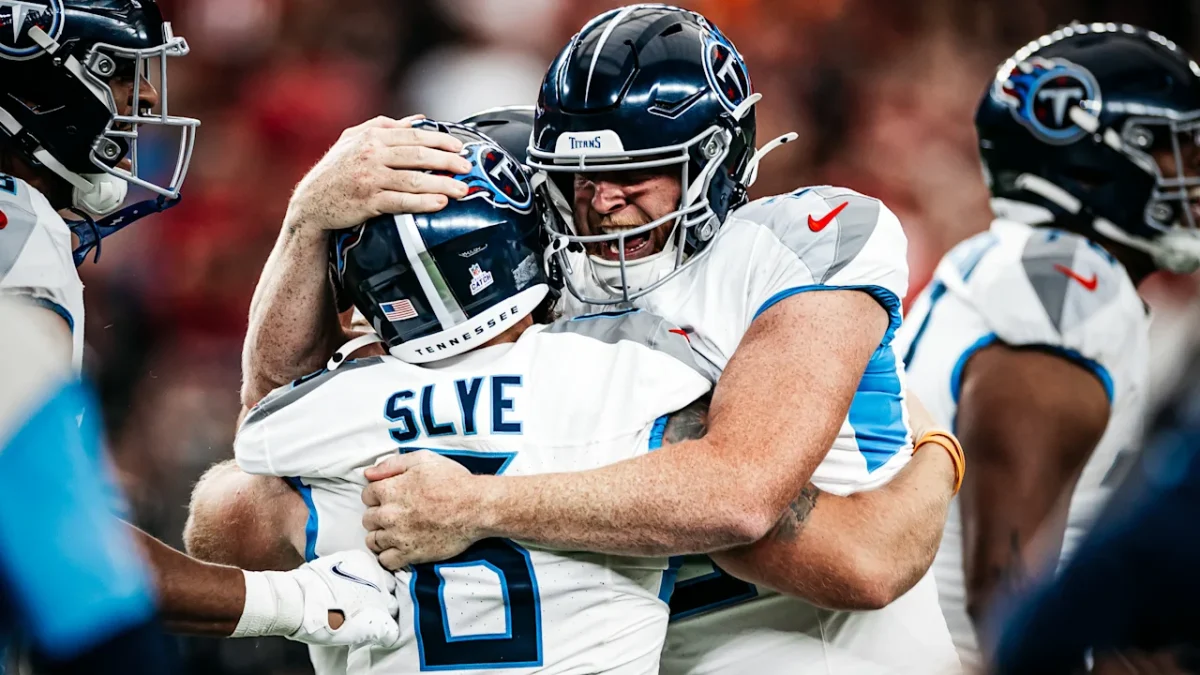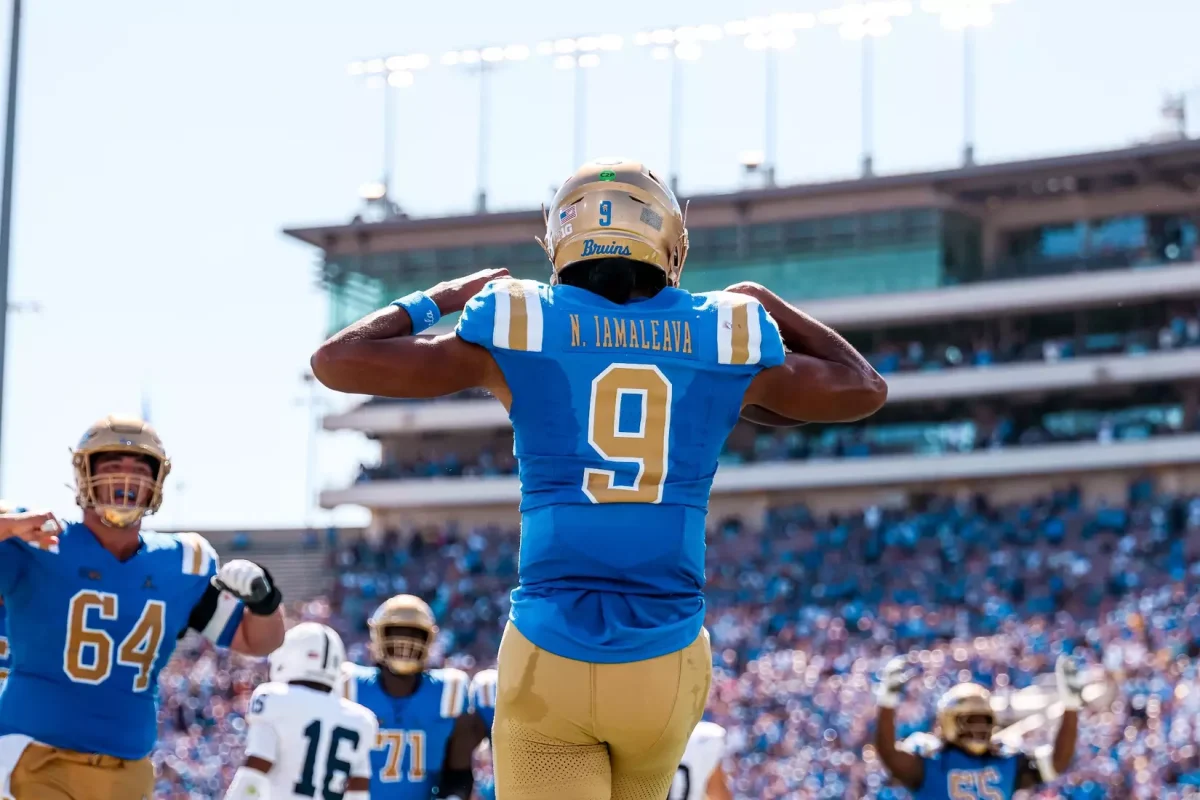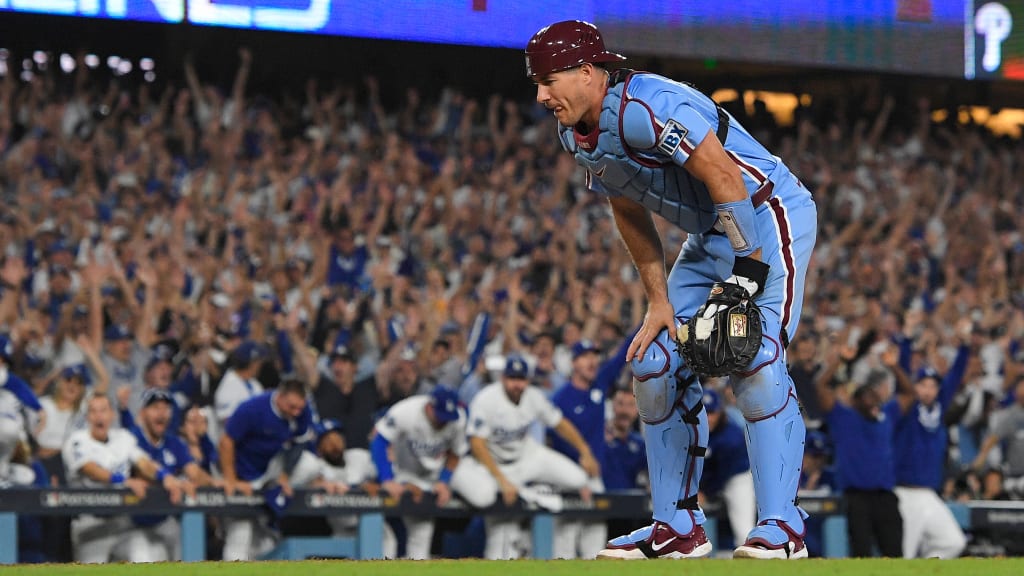Can There Really Be a “Greatest Song Ever?”
March 2, 2022
For centuries, music has been a source of entertainment and emotion. Many listen to music seeking some sort of connection or meaning. Others see it as merely “background noise” and don’t dive too deep into it. There are also those who take it a step further, and create their own music; using it as a form of expression. Regardless, the “biggest” hits in modern culture all stem from an origin. Where this starting point lies is unclear, given the variety of music produced over the past decades) but there are certain characteristics that music’s biggest hits (regardless of the time period) share. These characteristics, one could reason, can be analyzed to determine the general “success” of the song. But songs that are truly meaningful go beyond the surface, and in so many different directions. This is why such controversy exists over the so-called “greatest song ever.” At the end of the day, it comes down to personal opinion and experience with the song.
From one viewpoint, the success of a song/album can be determined by its revenue, although this is a flawed theory. While the artists or bands making music do convey their messages and/or feelings, they are also looking to get paid. When listening to a song from a particular band you admire, or even an entire album of theirs, the fact that they are getting paid to produce their work is often forgotten. Take the song “Smells Like Teen Spirit” by Nirvana, for instance. The 1991 grunge classic (which in my opinion, is a legitimate contender for the “greatest song” title), will never be remembered because it has more than 1 billion YouTube views or generated millions for the band. People tend to remember and cherish songs that have a message they can connect to, or tracks that they can associate with certain memories or events. As far as the financial success of any album goes, Michael Jackson’s Thriller tops the charts. The 1982 album has sold more than 70 million copies worldwide, making it by far the most globally-purchased record. And while it boomed financially, what about Thriller gave it sentimental value? What’s to remember and hold dear about that album, or even the song “Thriller” itself? Jackson dancing around in a red jumpsuit surrounded by zombies?
There are so many different factors that get thrown into the equation when discussing the “best song ever.” But if it had to be sorted into one major reason, the “sentimental value” of a track has the single most influence on a song’s greatness. Not everybody has the same way of viewing songs; it is a personal connection. Some of the most commonly regarded “greatest songs,” like Aretha Franklin’s “Respect,” John Lennon’s “Imagine,” and even Nirvana’s “Teen Spirit” 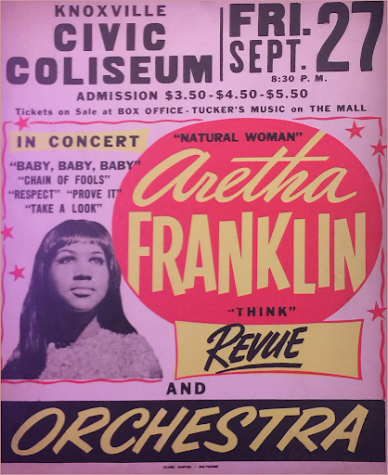 have been out shadowed financially by songs like “Thriller” and even “White Christmas.”
have been out shadowed financially by songs like “Thriller” and even “White Christmas.”  And yet, they remain among the most popular. Why? As seen in the three hits listed above, these songs are often associated with events or concepts that are major parts of American culture. In the case of “Respect,” many do not even realize that Otis Redding originally wrote the now iconic song in 1965. The reason why Franklin’s rendition is so widely acknowledged as great, however, is because of its message; a forceful protest supporting female and African American rights from a black woman herself. A year after Franklin’s cover was released in 1967, Dr. Martin Luther King was assassinated. The correlation between the message of “Respect” and such an impactful moment in American history is what makes the song have the meaning that it does today. In addition to shining a light on black discrimination during the 60’s, “Respect” would also help create opposing viewpoints against sexism and the mistreatment of women during this time.
And yet, they remain among the most popular. Why? As seen in the three hits listed above, these songs are often associated with events or concepts that are major parts of American culture. In the case of “Respect,” many do not even realize that Otis Redding originally wrote the now iconic song in 1965. The reason why Franklin’s rendition is so widely acknowledged as great, however, is because of its message; a forceful protest supporting female and African American rights from a black woman herself. A year after Franklin’s cover was released in 1967, Dr. Martin Luther King was assassinated. The correlation between the message of “Respect” and such an impactful moment in American history is what makes the song have the meaning that it does today. In addition to shining a light on black discrimination during the 60’s, “Respect” would also help create opposing viewpoints against sexism and the mistreatment of women during this time.
An eerily similar situation is seen with Aretha Franklin and “Respect” as is with John Lennon and “Imagine.” Lennon’s 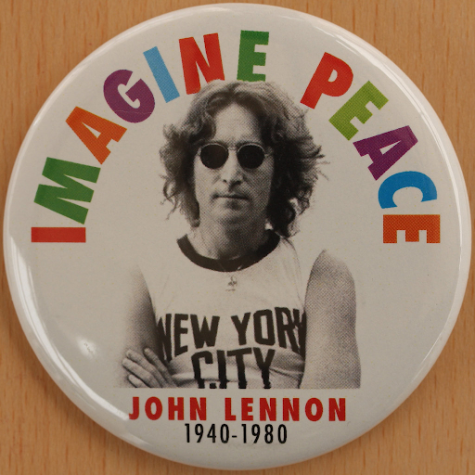 iconic single was released in 1971, conveying his hope of worldwide peace, tolerance, and acceptance. Lennon’s viewpoints, which were already largely criticized, gained even more recognition after he was murdered nine years later. This marks another recurrence where the memories people have with a song in correspondence with an event regarding the artist/band influences how they view the song. The concluding example that follows this reasoning is the 1991 release of “Smells Like Teen Spirit” and Nirvana frontman Kurt Cobain’s tragic suicide three years later. The #1 hit represented a transition in rock music, from hair-spray and speed metal to grungy, more raw tones
iconic single was released in 1971, conveying his hope of worldwide peace, tolerance, and acceptance. Lennon’s viewpoints, which were already largely criticized, gained even more recognition after he was murdered nine years later. This marks another recurrence where the memories people have with a song in correspondence with an event regarding the artist/band influences how they view the song. The concluding example that follows this reasoning is the 1991 release of “Smells Like Teen Spirit” and Nirvana frontman Kurt Cobain’s tragic suicide three years later. The #1 hit represented a transition in rock music, from hair-spray and speed metal to grungy, more raw tones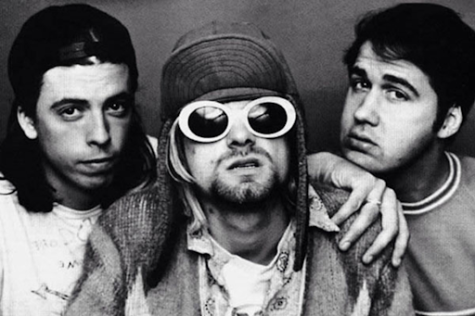 and attire. These new trends took MTV by storm during the early ‘90s, which would make the song memorable enough by itself. After Cobain, the paragon of moody, “grungy” ‘90s teenage minds took his own life shortly after “Teen Spirit’s” release, it only increased the admiration of his work and signature song.
and attire. These new trends took MTV by storm during the early ‘90s, which would make the song memorable enough by itself. After Cobain, the paragon of moody, “grungy” ‘90s teenage minds took his own life shortly after “Teen Spirit’s” release, it only increased the admiration of his work and signature song.
So, to put it shortly, no. I cannot determine one single “best song ever,” based upon my ways of viewing the debate. There are simply too many factors and surrounding events around the widely accepted “greatest songs” to choose one. When all is said and done, it truly comes down to your own opinion, musical taste, and the significance that the song had to you.











